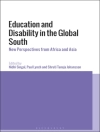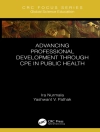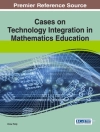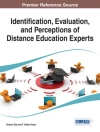The purpose of this book is to establish a broader context for rethinking science learning and teaching by using cultural historical activity theoretic approach. Activity theory already steps in its third generation and only a few works have been done on its applications to science education, especially in Europe. The context takes into account more recent developments in activity theory applications in US, Canada, Australia and Europe. The chapters articulate new ways of thinking about learning and teaching science i.e., new theoretical perspectives and some case studies of teaching important scientific topics in/for compulsory education. The ultimate purpose of each chapter and the collective book as a whole is to prepare the ground upon which a new pedagogy in science education can be emerged to provide more encompassing theoretical frameworks that allow us to capture the complexity of science learning and teaching as it occurs in and out-of schools. The book captures the dialogic and interactive nature of the transferring the activity theory to both formal and informal science education. It also contributes to the development of innovative curricula, school science textbooks, educational programs and ICT’s materials. As a whole, the book moves theorizing and practicing of science education into new face and uncharted terrain. It is recommended to new scholars and researchers as well as teachers/researchers.
Spis treści
1. Activity Theory in Formal and Informal Science Education: The ATFISE Project; 2. Cultural-Historical Activity Theory (CHAT) Framework and Science Education in the Positivistic Tradition: Towards a New Methodology?; 3. Teaching Science in Science Museums and Science Centers: Towards a New Pedagogy?; 4. Rethinking the Role of Information and Communication Technologies (ICT) in Science Education; 5. Chat in Developing New Environmental Science Curricula, School Textbooks, and Web-Based Applications for the First Grades; 6. Activity Theory, History and Philosophy of Science, and ICT Technologies in Science Teaching Applications; 7. University Science Teaching Programs: What’s New in Lab Activities from a Chat Context? The Case of Magnetism; 8. A Cultural Historical Scene of Natural Sciences for Early Learners: A Chat Scene; 9. Biology Education in Elementary Schools: How do Students Learn about Plant Functions?; List of Contributors.












